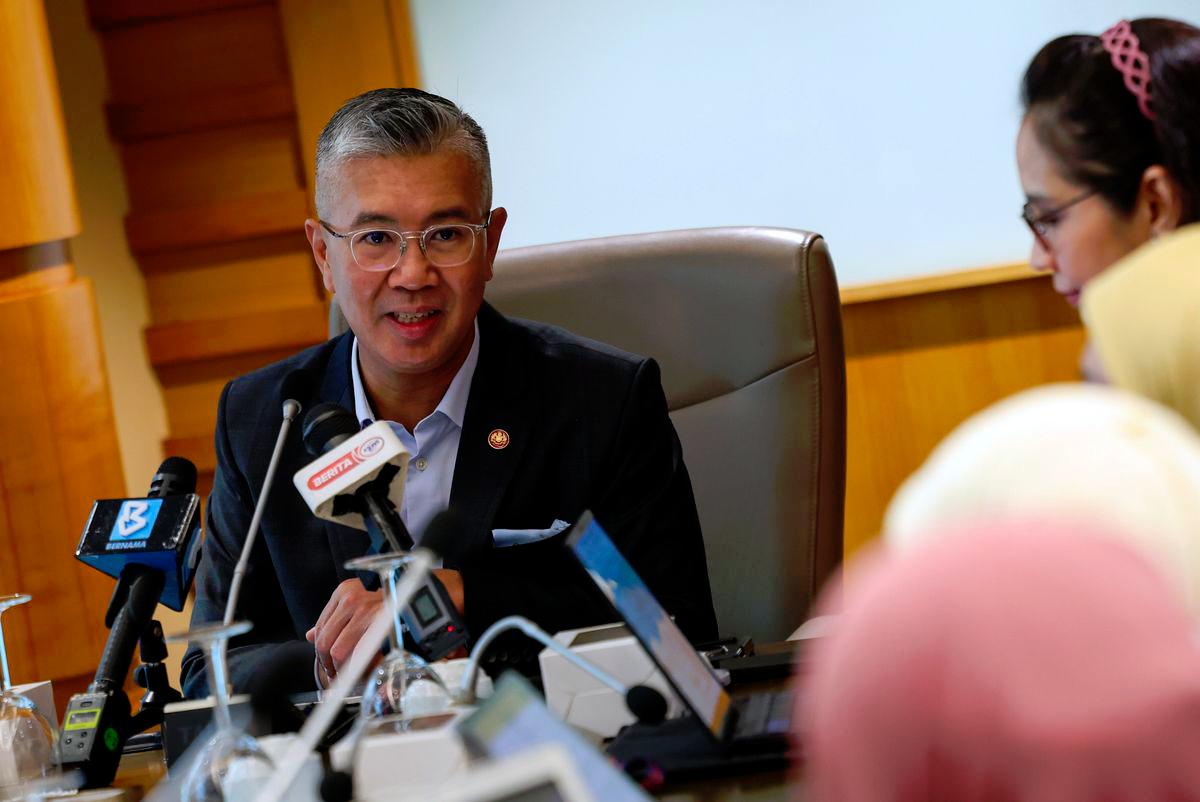KUALA LUMPUR: Malaysia welcomes foreign companies to form joint ventures with local firms for developing the country’s rare earth minerals sector.
Investment, Trade and Industry Minister Tengku Datuk Seri Zafrul Abdul Aziz highlighted Malaysia’s competitive advantage through its estimated 1.6 million tonnes of rare earth element deposits.
“We want to invite companies to come and invest here, and we want to get more Malaysians involved, not just in terms of the supply chain but also in terms of economic interests, meaning having some equity and shareholding as well in this venture,” he said during a pool interview themed “How ASEAN’s Economic Prosperity Supports Regional Political Stability”.
Tengku Zafrul noted that while MITI hasn’t received any new REE processing facility proposals yet, Malaysia aims to participate in midstream processing rather than merely exporting raw materials.
Malaysia enforced a nationwide moratorium on unprocessed rare earth exports effective January 1, 2024 to encourage domestic processing and downstream industries.
“By banning raw REE exports, they are effectively compelled to come here regardless of which country they are from. For the government, especially MITI which oversees downstream activities, we have no restrictions on which country comes in to develop their industries here,” he explained.
The minister added that inviting foreign companies to establish REE processing plants will create quality jobs, establish new supply chain opportunities, and contribute to government revenue through taxes.
Tengku Zafrul revealed that Khazanah Nasional Bhd is engaging with Chinese companies to explore opportunities in REE downstream activities.
“For Lynas, they are already here and are a fully private company. We will not stop them from exporting to markets of their choice. In their case, they have been exporting to South Korea, Japan, and the United States. We welcome all because, at the end of the day, Malaysia continues to remain neutral,” he said.
Regarding ASEAN’s fragmented REE policies and regional strategies, Tengku Zafrul said negotiations on national and economic security issues are typically conducted bilaterally within the bloc.
“I think most of us have similar policies, and we protect our national interests. We also want to ensure our neighbours share their challenges with us. That’s what we do, particularly for the Priority Economic Deliverables (PEDs) under the Economic Pillar,” he added.
“We share technology, if there is any, as well as trading and supply chain ideas when we talk about supply chain security,” he concluded. – Bernama









